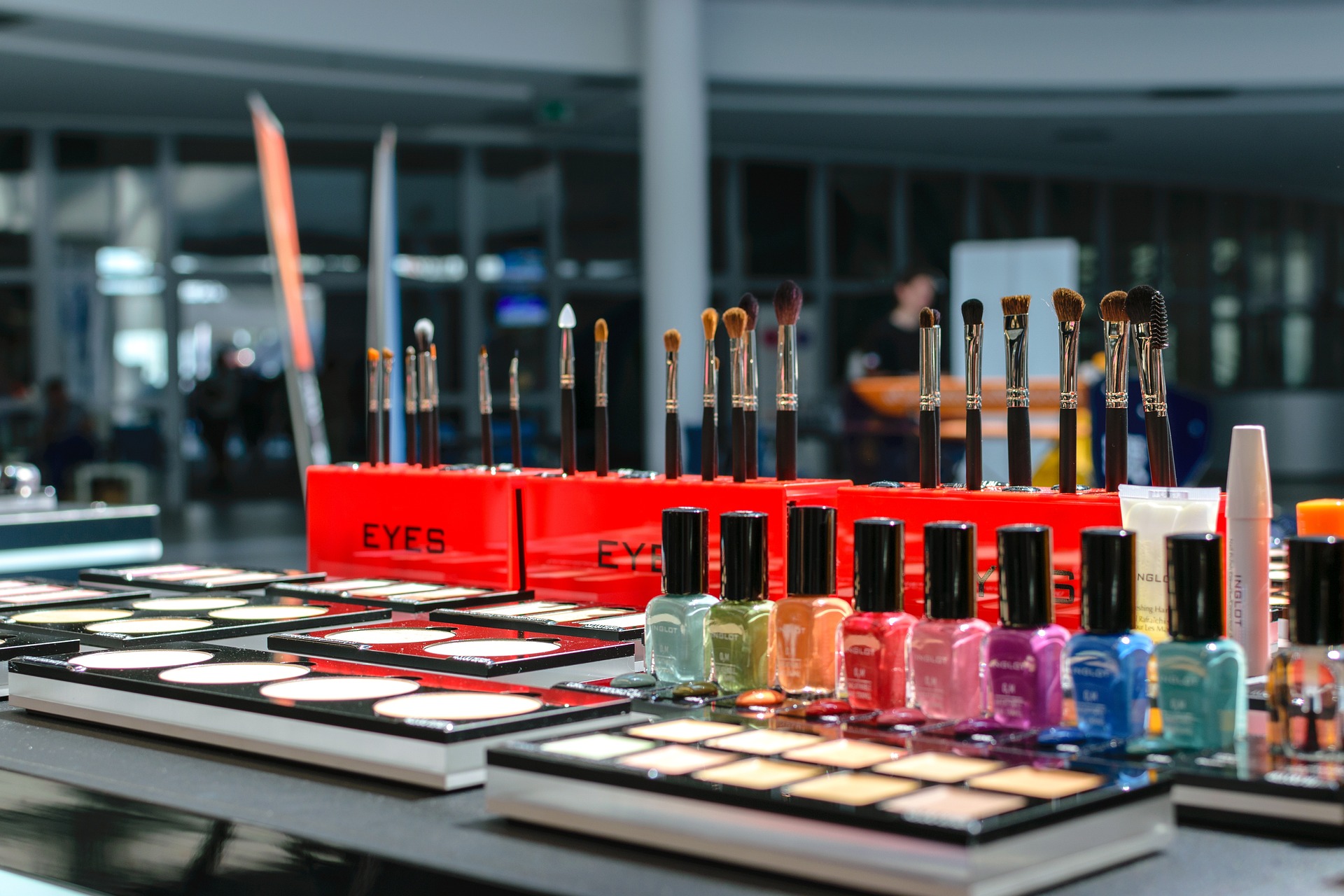The Art of Transformative Skincare: A Journey Through Time
Skincare, a term synonymous with beauty and self-care, has evolved dramatically over the centuries. Since time immemorial, humans have been experimenting with various natural ingredients to enhance their skin's health and beauty. From the ancient Egyptians' elaborate beauty rituals to the present day's advanced cosmetic procedures, skincare has been a constant in our quest for beauty. This article delves into the fascinating journey of skincare through time, its varied practices across cultures, and its modern-day relevance.
Skincare in the Ancient World
In ancient civilizations, skincare was more than just a beauty regimen; it was part of religious rituals, medicine, and a symbol of social status. The Egyptians, known for their elaborate beauty rituals, used natural ingredients like honey, olive oil, and milk in their skincare routines. Cleopatra’s famed milk baths are a testament to this. Meanwhile, the Greeks, Romans, and Chinese also developed their unique skincare practices, often involving herbs, oils, and minerals.
In the medieval period, skincare became a luxurious indulgence, with the wealthy using extravagant ingredients like gold and pearls in their beauty routines. The concept of skincare as a tool for beauty enhancement and preservation was gradually becoming integral to various cultures.
The Enlightenment Era to the Victorian Age: Changing Perceptions
The Enlightenment era brought a scientific approach to skincare. Beauty treatments began incorporating more advanced ingredients and methods. However, societal norms imposed limitations, particularly on women’s beauty practices. Pale skin was considered a symbol of nobility, leading to the use of harmful substances like lead-based cosmetics.
The Victorian age marked a back-to-nature approach. Homemade beauty recipes using natural ingredients regained popularity. However, the societal emphasis on modesty and natural beauty also discouraged overt skincare and makeup practices.
The 20th Century: The Boom of the Beauty Industry
The 20th century marked a significant shift in the beauty industry. The invention of photography and film created a need for makeup that would look good on camera, leading to the development of innovative skincare and makeup products.
In the mid-20th century, the advent of television and advertising further fuelled the beauty industry’s growth. Celebrities became beauty icons, driving trends and sales. Skincare became more inclusive, catering to different skin types, concerns, and ages. The late 20th century saw the rise of organic and cruelty-free skincare, reflecting growing environmental and ethical concerns.
Skincare in the Digital Age: Trends and Innovations
The digital age has revolutionized the skincare industry. Social media and the internet have made information and products more accessible than ever. This accessibility has led to a more informed and discerning consumer base, propelling the industry towards transparency, inclusivity, and sustainability.
Moreover, the rise of K-beauty (Korean beauty) has introduced innovative products and a new skincare philosophy focused on prevention and maintaining a healthy skin barrier. The popularity of skincare routines and the “skinimalism” trend reflect our modern society’s emphasis on self-care and a more minimalist, natural beauty aesthetic.
The Future of Skincare: Personalization and Technology
As we move further into the 21st century, the skincare industry continues to evolve. Personalization is seen as the future of skincare. Technological advancements, like AI and genetic testing, are being harnessed to create tailor-made skincare solutions.
Moreover, the global pandemic has impacted skincare trends, with a shift towards “skin health” and “stress-care”. The rise of “maskne” (mask-induced acne) has led to a surge in products and treatments addressing this issue.
The Transformative Power of Skincare
Skincare, throughout history, has been a reflection of societal norms, scientific advancements, and individual self-expression. It has the power to transform not just our skin, but also our self-perception and confidence. As the skincare industry continues to evolve, it is crucial to remember its core purpose: to enhance our natural beauty and promote healthy skin. Regardless of trends and innovations, this timeless principle remains at the heart of skincare.
In the end, skincare is an art - a delicately balanced blend of science, nature, and personal rituals. It is a practice that connects us to our ancestors, transcends cultural boundaries, and holds the potential to empower each one of us in our beauty journey.





